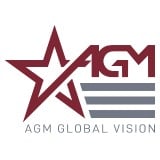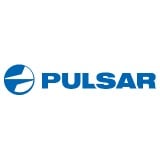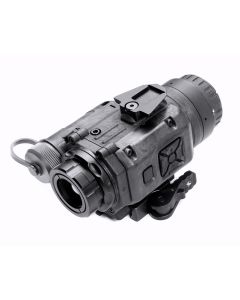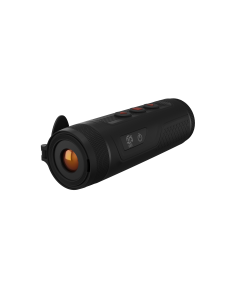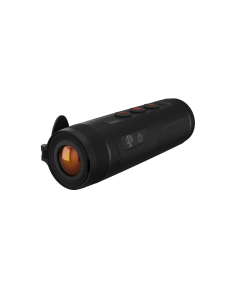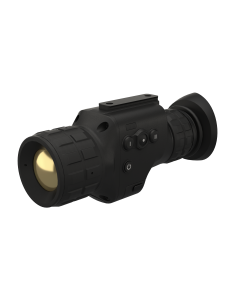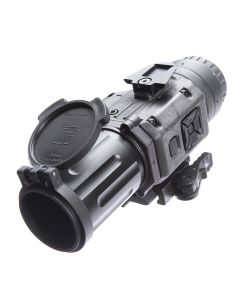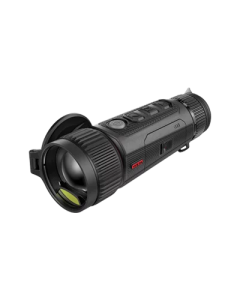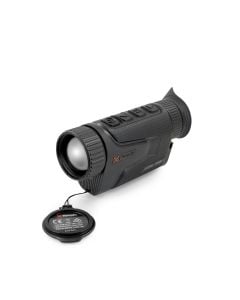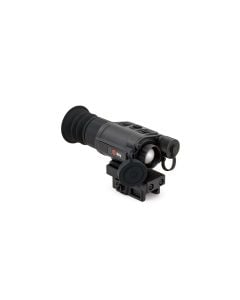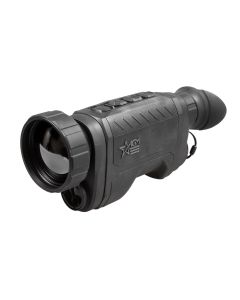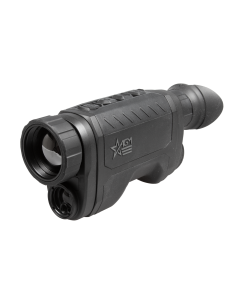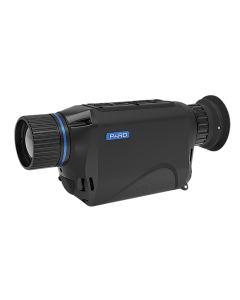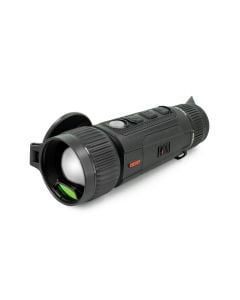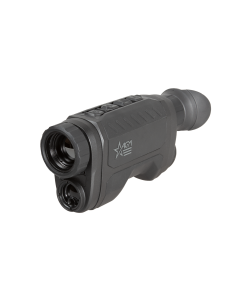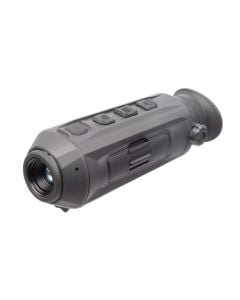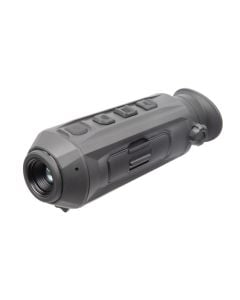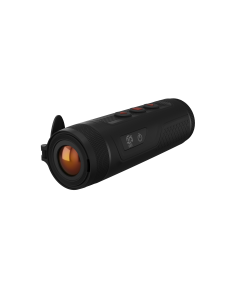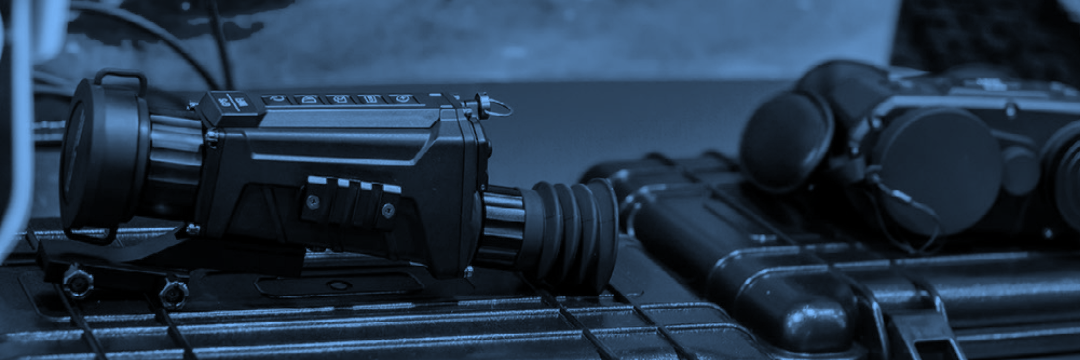
What is the benefit of having or using a thermal imaging monocular if you already have a dedicated thermal scope?
The biggest advantage of owning a thermal monocular is that it saves you from picking up your rifle with a thermal scope and swinging it left and right, which can be exhausting and inconvenient. In other words, with a thermal monocular, you can easily spot game, set the monocular down, and then grab your rifle to take an accurate shot without unnecessary movement. Without a thermal monocular, you may become tired from constantly moving your rifle in different directions, which can affect your focus and accuracy over time.
Thermal monoculars' value isn’t limited to hunting, either. In addition to hunting, thermal monoculars are invaluable in the firefighting field. Firefighters use them to detect heat signatures from a safe distance, without having to enter dangerous areas like doorways or smoke-filled rooms. This provides for their safety and allows better decision-making in life-threatening situations. A thermal imaging monocular is effective in total darkness or daylight and can see through obstructions such as smoke and fog, providing clear visuals in challenging conditions. Heat detection differs from starlight technology, as thermal monoculars allow users to scan large areas and quickly identify heat-emitting objects, whether it's animals, people, or potential fire hazards. Thermal monoculars are widely used in fields such as hunting, security, surveillance, energy analysis, law enforcement, military, industrial applications, and even search and rescue operations. A myth about thermal monoculars is that they can see through walls, which is false. However, they can detect heat signatures on surfaces like walls, doors, or ceilings if heat is coming through them, such as in the case of a fire. The versatility and safety benefits make thermal monoculars an important tool in multiple industries.




